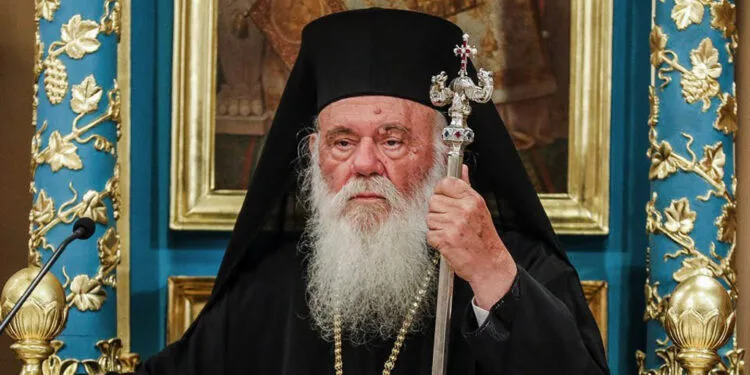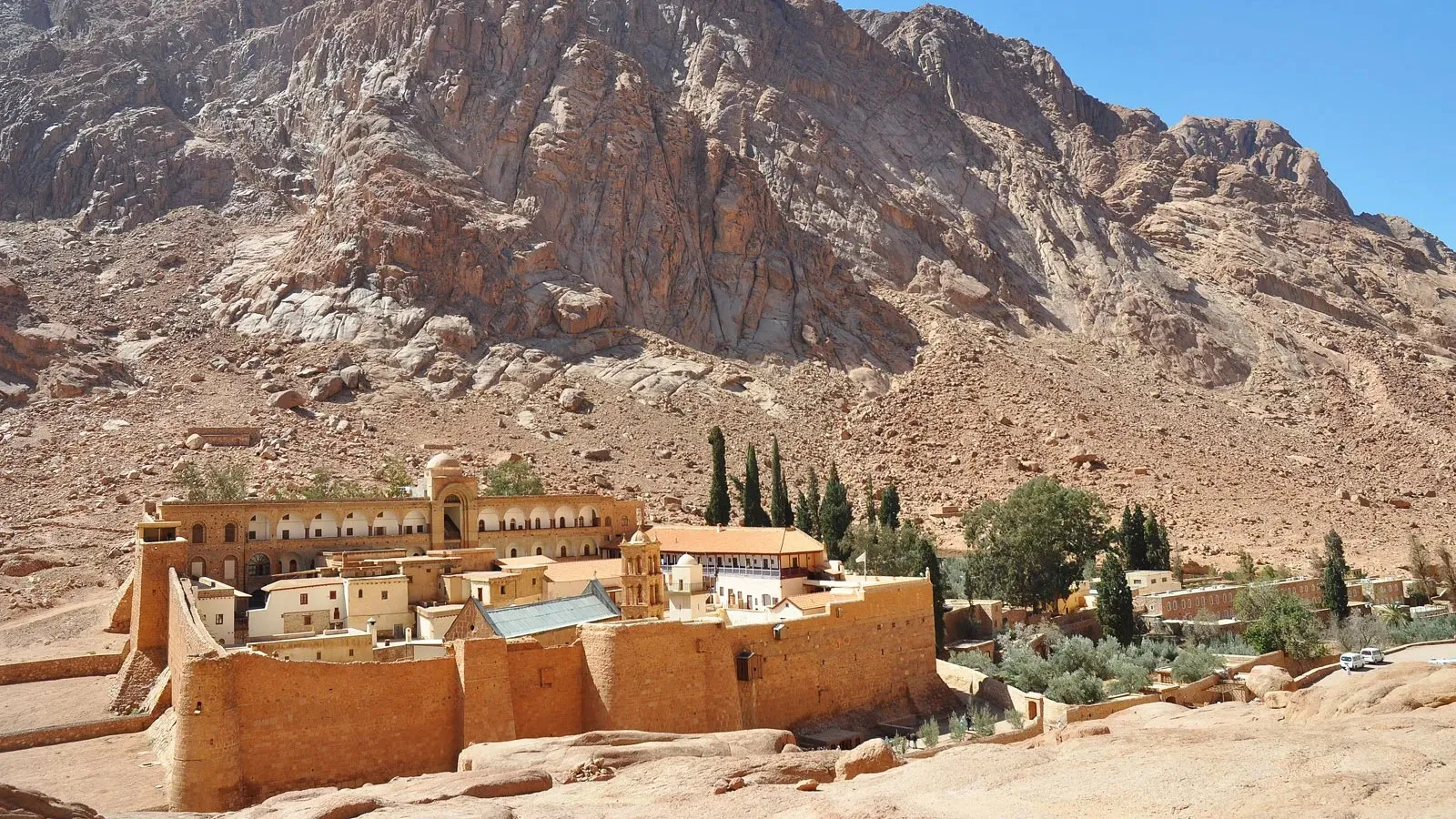A controversial Egyptian court ruling has sparked fears over the future of the historic Saint Catherine’s Monastery on Mount Sinai, prompting sharp concern from Greece and calls for immediate diplomatic action.
The appellate court’s decision, delivered on Thursday, May 29, reportedly threatens to revoke the monastery’s religious status, transfer its properties to the Egyptian state, and expel the 20 Orthodox monks residing there.
The ruling appears to contradict recent personal assurances by Egyptian President Abdel Fattah el-Sisi to Greek Prime Minister Kyriakos Mitsotakis during their May meeting in Athens.
Archbishop Ieronymos II of Athens strongly condemned the court’s decision, calling it a “violent infringement of human rights” and a violation of religious freedoms.
“The world’s oldest Orthodox Christian monument, the Monastery of Mount Sinai, is entering a period of great trial—one that evokes memories of darker times in history…” he said.
“I unequivocally condemn any attempt to alter the longstanding status that has prevailed in this region for fifteen centuries. I call upon the responsible Greek government—and personally upon Prime Minister Kyriakos Mitsotakis—to take immediate and appropriate action to restore lawful order and ensure that the Holy Monastery is not effectively abolished.”

Greek Foreign Minister George Gerapetritis promptly contacted his Egyptian counterpart to affirm Greece’s position and insist there should be “no room for deviation” from the bilateral agreement on the monastery’s protected status.
The monastery, known officially as the Sacred Autonomous Royal Monastery of Saint Catherine of the Holy and God-Trodden Mount Sinai, was founded in the 6th century by order of Emperor Justinian I. It is the world’s oldest continually inhabited Christian monastery and a major spiritual and cultural landmark for the Orthodox world.
Concerns have been raised that Egypt may seek to convert the site into a museum or develop it for tourism, which the monastery’s monks say would infringe on their rights. Egyptian archaeological authorities, however, argue the decision aligns with antiquities law and claim it benefits the monastery—claims the monks reject.
In response to the uproar, Egypt’s presidency issued a statement reaffirming its commitment to safeguarding the monastery’s sacred status.
“The Presidency of the Republic would like to affirm its full commitment to preserving the unique and sacred religious status of St. Catherine’s Monastery,” the statement read, stressing that the court ruling supports, rather than undermines, this status.
Egypt’s Foreign Ministry also dismissed reports of confiscation as “completely unfounded,” clarifying that while some distant lands without ownership documentation have been deemed state property, the monastery’s religious and archaeological rights remain intact.
Greek government spokesperson Pavlos Marinakis stated that Greece would issue an official response once the full content of the ruling is reviewed. Meanwhile, the situation continues to be closely monitored amid growing concerns about its potential impact on Greek-Egyptian relations.
Source: tovima.com

